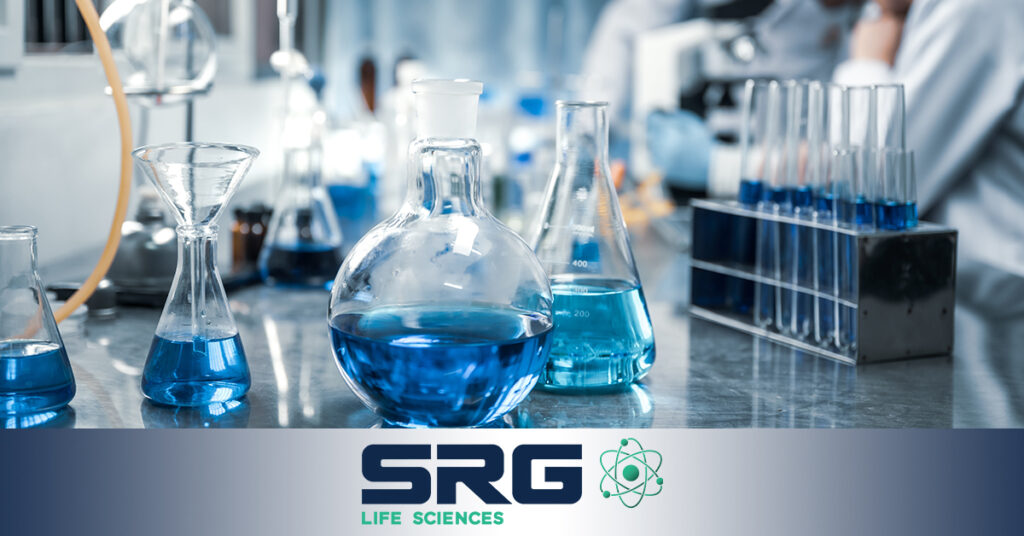Working in the life sciences industry can lead to a fascinating and inspiring career. You may have the opportunity to use cutting-edge technology, play a role in critical discoveries, or simply learn more about the world around you.
As with any field, having specific skills is essential if you want to thrive in this sector. Here’s a look at the skills you should excel in when working in a life sciences career.
Communication
Communication is a skill that’s relevant in essentially every field, including life sciences. You need to be able to convey thoughts, ideas, and information in a way that’s easy to understand and reasonably engaging.
Not only is being well-spoken vital, but exceptional written communication is a must. Often, you’ll be creating reports, using collaboration software, and handling other responsibilities in writing, so you want to make sure your skills are strong in that arena, too.
Additionally, the ability to break down complex topics and explain them to those with less technical savvy is a must, particularly in scientific roles. Many stakeholders won’t have your exact background. The same goes for colleagues in other departments. By being effective in this area, you ensure everyone has the needed understanding, increasing everyone’s odds of success.
Attention to Detail
Most scientific roles regular a degree of meticulousness. Without attention to detail, a misstep can harm the results of experiments, lead to errors in regulatory reports, and other issues that can come with significant consequences.
Being detail-oriented allows you to avoid various mistakes. That can ensure the integrity of collected data, as well as ensure that any documentation is not just thorough but wholly accurate.
Plus, attention to detail makes you better at receiving instructions and planning projects. You’re more likely to notice the minutiae, which can help you secure your position as a top performer in the life sciences field.
Problem Solving
Life sciences jobs often involve a lot of exploration, as well as the use of newer technologies, procedures, and processes. As a result, the occasional issue will inevitably arise. Fortunately, with strong problem-solving skills, you can navigate most obstacles.
Ultimately, problem-solving skills are a reflection of your analytical capabilities, as well as your creativity. Your ability to conduct research and your level of self-sufficiency are also part of the equation. By bringing them together, you can find answers on your own in many cases and, if that isn’t possible, can gather enough information to get assistance from others with ease or present potential solutions and secure the needed buy-in.
Organization
Projects in the life sciences field can be incredibly complex. Without strong organizational skills, tracking information, maintaining a tidy workspace, and similar tasks are far more difficult.
Organizational skills allow you to develop methods that can streamline your work, making you more efficient. Plus, it ensures that you’re on top of deadlines and that nothing ends up misplaced, allowing you to position yourself as an exceptional team member.
Are you looking for new career-boosting life sciences position? Partner with the Staffing Resource Group to get your search headed in the right direction. Contact us to learn more about our services today.



